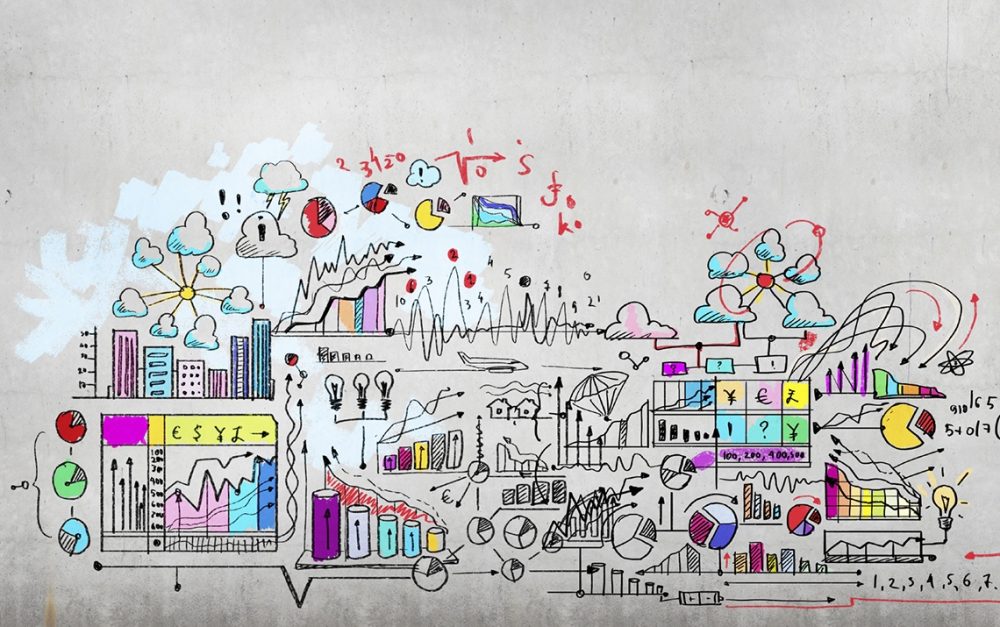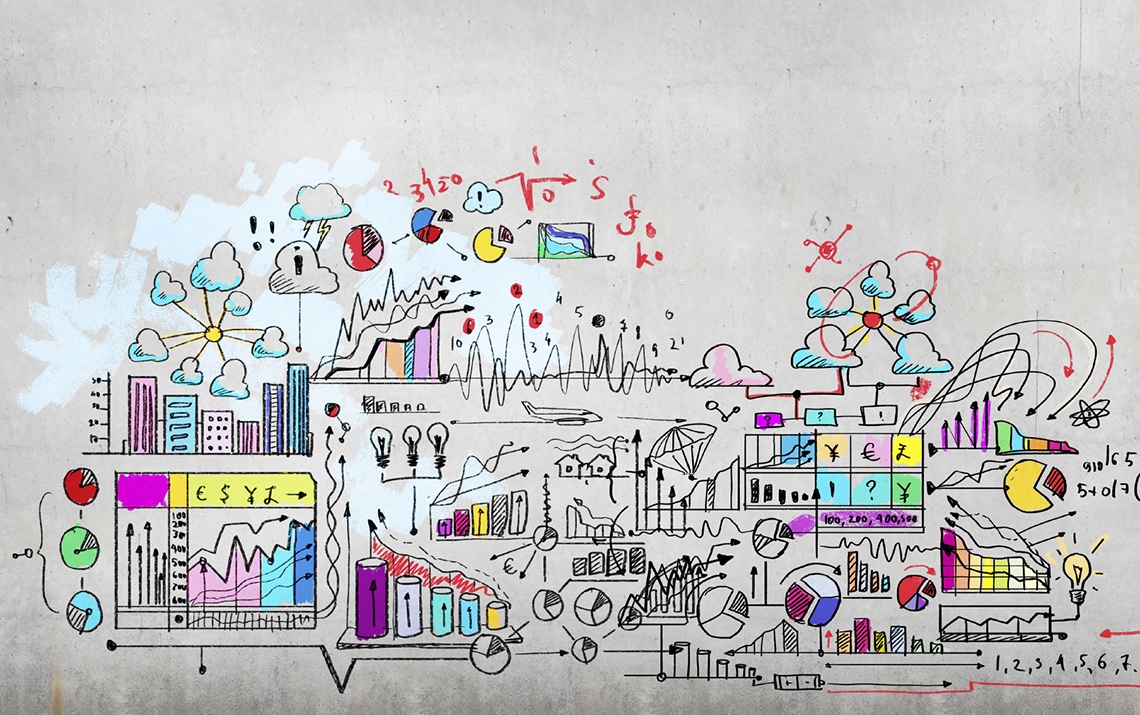Financial Regulators: Who Are They and What They Do
Financial regulators standardize the industry of financial services which include exchanges, markets, and firms. Usually, they work for government bodies or independent standard firms to make sure financial services meet business/industry-specific regulations.
Financial regulators are able to work in different sectors to make sure financial service agencies are compliant with the financial regulations and law as well. Also, they provide information to consumers to keep them safe and sound from improper practices.
State and federal governments have a myriad of organizations in place which regulates and supervise companies and financial markets. These firms each have a specific array of responsibilities and duties which allow them to act independently of each other while they work to achieve similar objectives. Even if opinions differ on the effectiveness, efficiency and the need for most of these agencies, each was made with specific objectives and will most likely be around for some time. Here are some of the most popular and renowned financial regulators:
- Federal Reserve Board
One of the most known of all the financial regulators, the FED often gets blamed for financial downfalls or heralded for stimulating the financial system. It is accountable for liquidity, influencing money and credit conditions. Its major tools for implementing fiscal policy are its open market operation that controls the acquisition and sale of U.S Treasury securities as well as federal agency securities.
- Federal Deposit Insurance Corporation
FDIC was developed in 1993 to give insurance on deposits to assure the security of saving and checking deposit at banks. Its authorization is to protect up to USD250,000 for every deposit.
- Office of the Comptroller of the Currency
OCC was created by National Currency Act in 1863 with the sole purpose of supervising, regulating as well as giving charters to banks that operate in the United States in order to make sure the reliability of the overall banking system.
- Commodity Futures Trading Commission
CFTC or Commodity Futures Trading Commission was developed in the year 1974 as an independent body to regulate commodity futures as well as options market as well as to give for efficient and competitive market trading. This financial regulator also seeks to keep participants from market manipulation, fraud as well as investigates trading practices and sustains fluid processes for clearing. If you are into forex trading, ensure to deal with the best and reliable brokers overseen by a government regulator like CFTC.
All of these financial regulators seek to protect and regulate those who participate in their respective businesses or industries they rule. The areas of coverage most of the time overlap, however, while their guiding principles might differ, federal agencies normally take over from state agencies. But, this doesn’t mean that state firms wield less power because their jobs and authorities are far-reaching.
Conclusion
In general, financial regulators make sure that the company or the broker is legit and reliable and your money is safe as well as securely protected. However, certain credible financial regulators burden participants of the said market with lots of trading restrictions.

